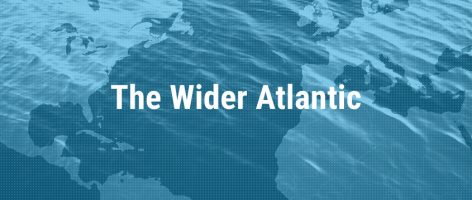
The German Election Only Looks Boring
The consensus on this week’s election in Germany is that it has been a boring campaign, it’s outcome a done deal, and that we can all look forward to four …

Angela Merkel: 4.0
On September 24, Angela Merkel is likely to match former chancellor Helmut Kohl by winning a fourth election to become Chancellor of Germany. Following that, the question is: what will be …

Far-right party likened to Nazis to shake up German parliament
Featuring Jack Janes via Reuters on September 17, 2017.

Baffled by the electoral college? Germany’s system might be more confusing
Featuring Jack Janes via CNBC on September 15, 2017.
Recent Authors
AGI provides knowledge, insights, and networks as tools to solve the challenges ahead.
Support Our Work
The CSU: Bavarian Partner and Power Player
One of the peculiarities of the German political landscape is the role of the Christian Social Union (CSU). A party whose reach is confined to the borders of Bavaria, it has …

Voting for the Eurozone on September 24th
The German elections are just over two weeks away on September 24. Chancellor Angela Merkel is nearly certain to be reelected to a fourth term, so the main unknown surrounds …

All Politics is Local…also auf Deutsch
As Tip O’Neill once said, all politics is local. Had he heard the debate on Sunday between Angela Merkel and Martin Schulz, he would have just nodded. The exchange between …

The AfD: Germany’s Alternative to What?
Germany’s election on September 24 will likely bring a new political party to the Bundestag: the Alternative for Germany (AfD). Five years after the party’s emergence, the AfD calls itself …
The German Election and German Defense
Foreign policy issues will not play a major role in the decision of most Germans when they go to vote on September 24, yet the campaign which now has opened …

From the AGI Bookshelf: The Retreat of Western Liberalism
Edward Luce is an experienced veteran of U.S. affairs for the Financial Times, but his latest book takes a wider focus in an attempt to provide a framework for how …

The Social Democrat Dilemma
Germany’s Social Democrats are frustrated. Aside from being down in the polls behind Chancellor Merkel and the CDU/CSU, they seem to be plagued by some unfortunately timed incidents that will …



